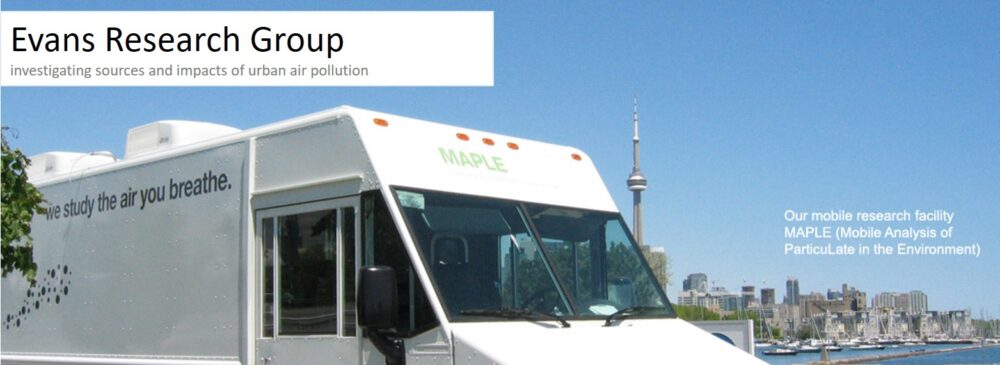
Source: Toronto Star
Black carbon (BC) particles are generated through incomplete combustion processes including combustion of fossil fuels and biomass. These two sources are most commonly from vehicles and residential wood burning for heating. BC has an overall warming effect on the global climate and long-term exposure to it has been associated with cardiopulmonary mortality.
Dr. Robert Healy, Senior Environmental Officer at The Ontario Ministry of the Environment and Climate Change, spoke about the Ministry’s work on assessing the sources of fossil fuel and biomass burning black carbon in Ontario at the SOCAAR Seminar on November 30th, 2016. Continue reading

